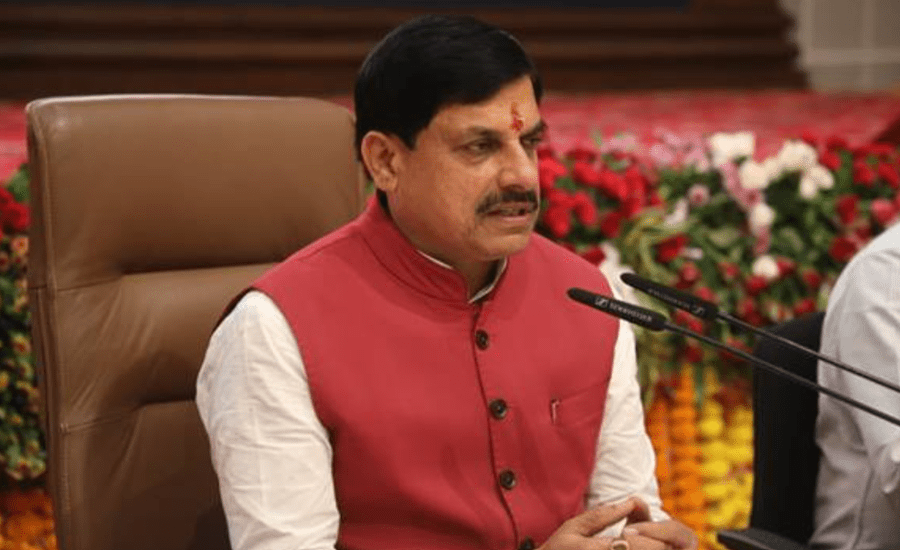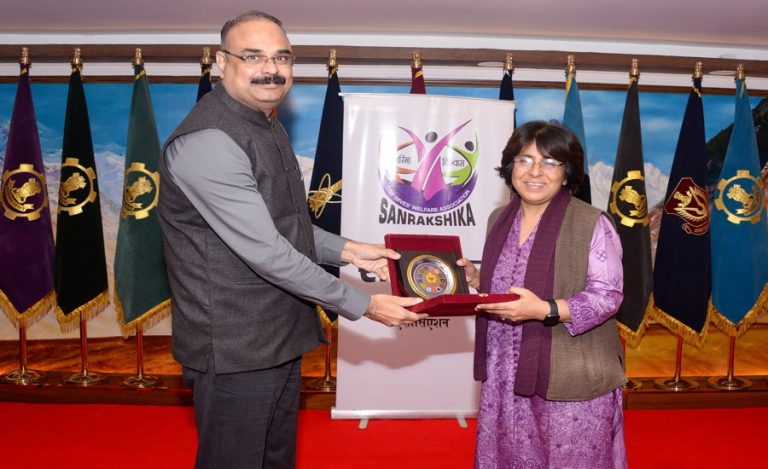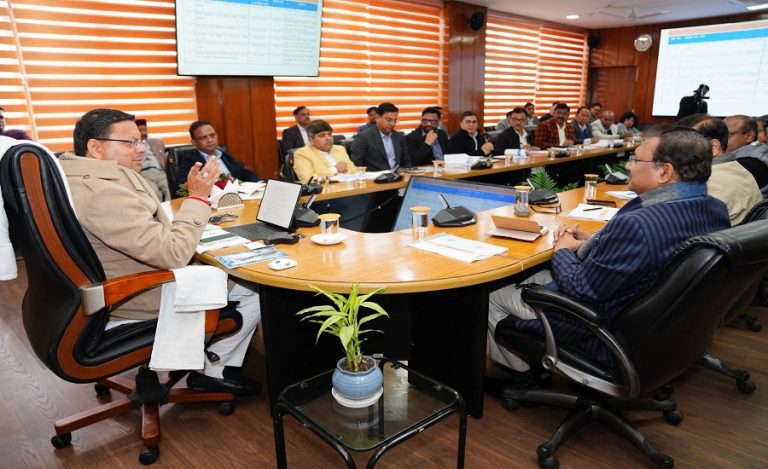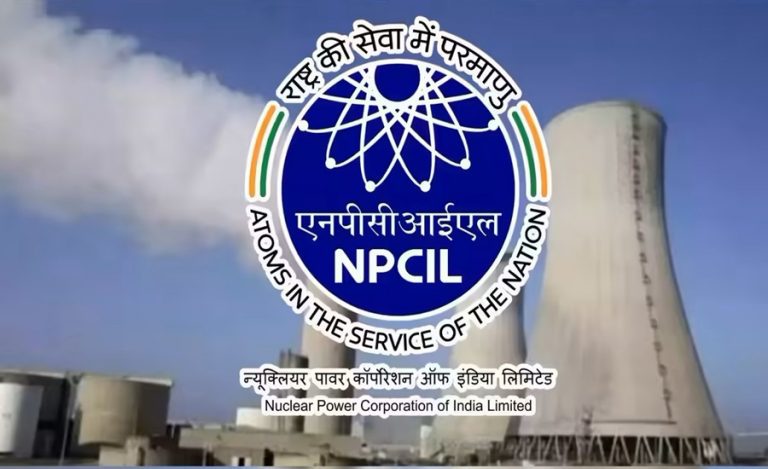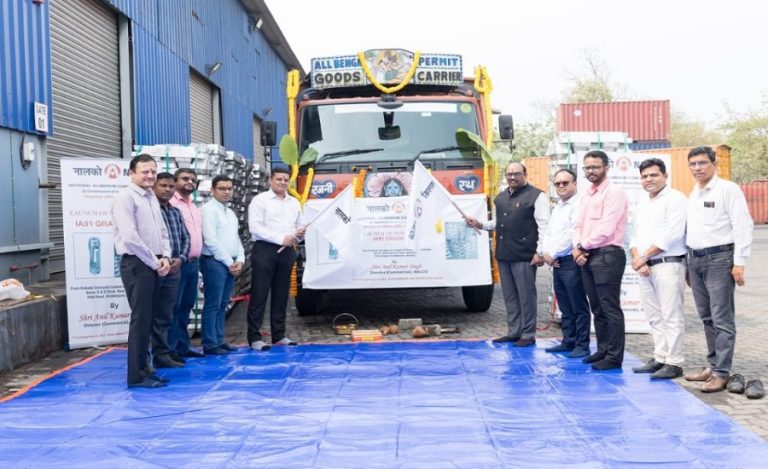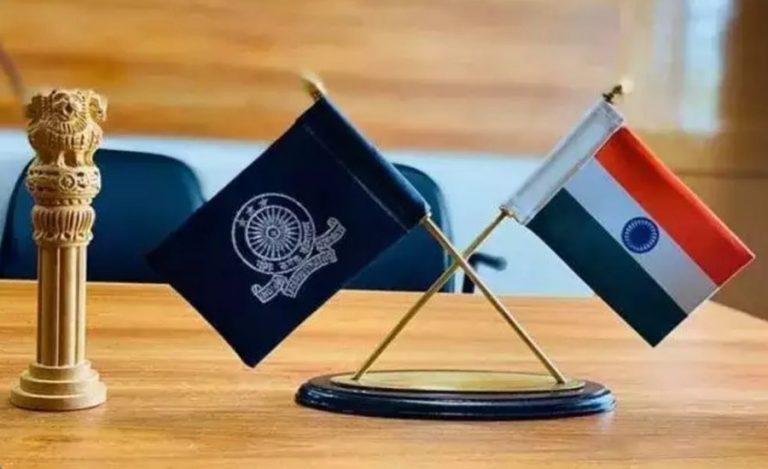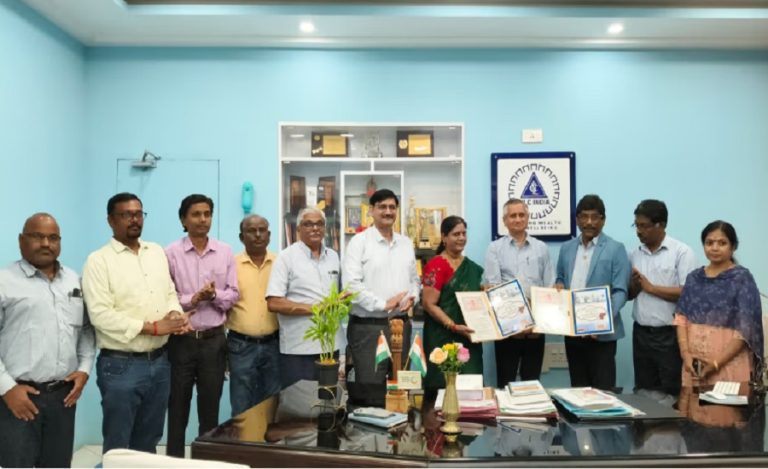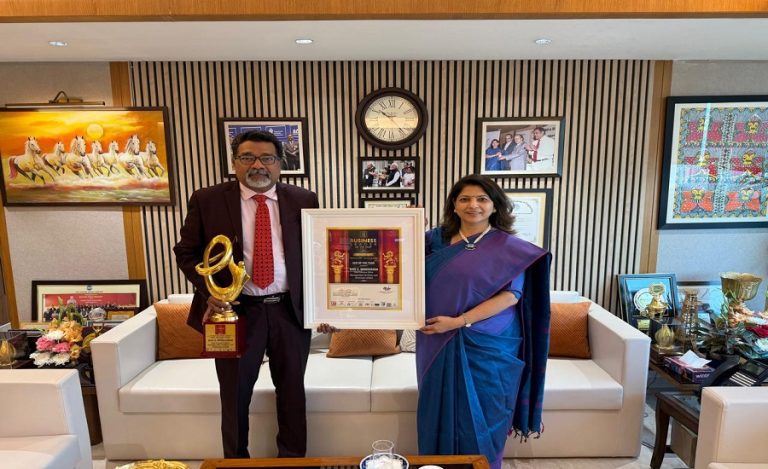In a strong push for sustainable and profitable agriculture, Chief Minister Dr. Mohan Yadav announced that Madhya Pradesh will prioritize natural and organic farming alongside a dramatic expansion of horticultural crops. He addressed the Collectors-Commissioners Conference 2025 in Bhopal, emphasizing that the state’s rural development depends on transforming its agricultural landscape through innovation and entrepreneurship.
Natural Farming to Become the Backbone of Rural Economy
Dr. Yadav urged all district collectors to identify and assist at least 100 farmers in each district to adopt natural farming practices. These farmers will be supported with technical guidance, recorded documentation, and periodic assessments to track benefits. Weekly markets and haat bazaars across the state will be mandated to promote organic produce, ensuring stronger market access.
Boosting Horticulture and Processing Infrastructure
The Chief Minister emphasized that horticultural produce like bananas, tomatoes, oranges, and roses already have a strong base in Madhya Pradesh, but there is a need to build local processing units and robust marketing chains. He praised the rose cluster initiative in Guna and called for its replication in religious towns for localized consumption.
Youth to Become Agri-Entrepreneurs
A key highlight of the conference was the government’s plan to transform rural youth into future agricultural entrepreneurs. Dr. Yadav noted that agriculture must move beyond subsistence, pushing for youth-led ventures in dairy, fisheries, poultry, and climate-resilient crops.
Bhavantar Yojana to Get a Major Publicity Push
The CM directed officials to extensively promote the Bhavantar Yojana, which provides price support to farmers. The scheme’s implementation must be improved to maximize farmer benefits, with proactive efforts from all district administrations.
Curbing Stubble Burning with Scientific Solutions
Expressing concern over environmental impacts, Dr. Yadav called for strict action against stubble burning. He proposed an active monitoring system and awareness campaigns. Collectors are to coordinate with the Agriculture Department to promote alternatives such as balers, hay sodders, and composting.
Commissioner Mr. Ashok Varnwal Outlines Multi-Sectoral Vision
Agricultural Production Commissioner Mr. Ashok Varnwal presented a comprehensive action plan involving climate-resilient farming, organic practices, and advanced technologies like cage culture and selective poultry breeding. Crop residue management and soybean seed quality were highlighted as special focus areas.
Districts Leading the Way: Model Projects Highlighted
Five districts were spotlighted for their innovation:
- Guna for rose cluster farming,
- Harda for organic farming promotion,
- Shajapur for implementing a token system for distribution logistics,
- Sheopur for effective crop residue control,
- Sadya for well-managed cow shelters.
These examples serve as replicable models for statewide agricultural transformation.
Collaboration Between Departments Strengthened
Departments of Agriculture, Horticulture, Animal Husbandry, and Cooperation presented their plans and achievements, setting a tone of inter-departmental collaboration for holistic rural development.

